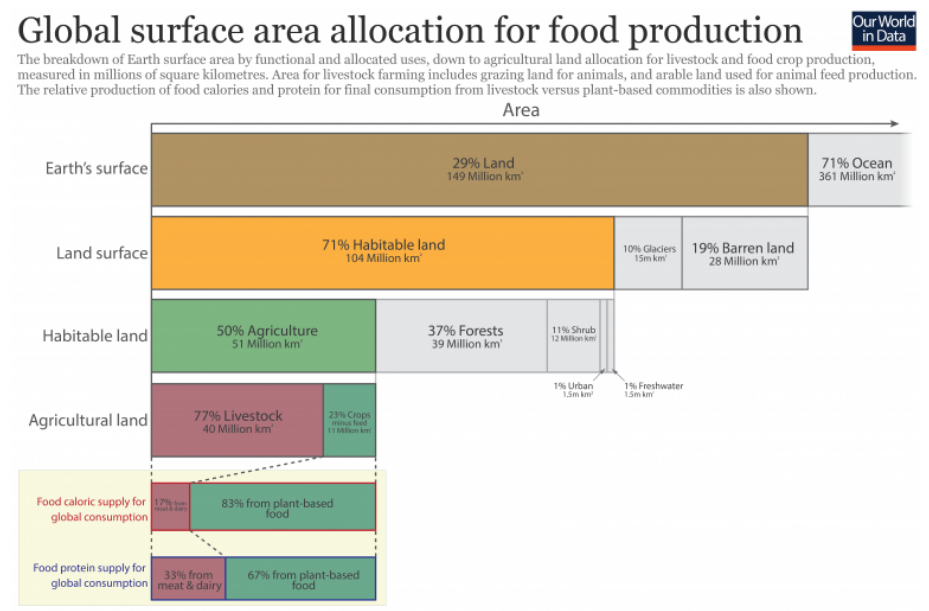I have to disagree on the overpopulation argument.
By the way, I think it’s healthy to respectfully disagree in these forums since it reduces the risk of become an echo chamber and keeps the group’s thinking more critical and vital.
The overpopulation fear is one that I believed for decades. I come originally from a poorer Mediterranean country and the resources don’t line up with the population or its growth. However, the prediction of overpopulation extremes and the “rat model” of self destruction is a simplistic linear model that doesn’t take into account the evolution of human behavior across socioeconomic and cultural lines.
I believed that the explosive rate in poor countries and slowing rate in rich countries was a downward spiral.
But the thinking here is changing too:
The process is nonlinear and human behavior is not arbitrary. Mothers always control birth rates in every society. I think that their empowerment and education (not government enforcement) will allow them to feel safe enough to choose fewer babies.
Poverty, child mortality, poor women’s health, education and lack of empowerment to achieve economic freedom … those are the real enemy.
Linear thinking would say improving child mortality will make the population growth worse. Linear thinking would say that raising cattle will destroy the environment. Linear thinking would say that eating fat makes you fat. I think linear thinking is the root of the problem. We should think critically about “how” and “why” to get to the real solutions. It’s possible to raise cattle AND be destructive… but raising cattle is not inherently destructive.
Personally, I like Occam’s Razor but it can easily be misapplied. Einstein’s paraphrasing of Occam’s Razor is much better “Everything should be made as simple as possible, but not simpler"… that last little bit is crucial.

 there’s a lot more ocean growing seaweed (kelp) to use.
there’s a lot more ocean growing seaweed (kelp) to use. - it takes a lot of space.
- it takes a lot of space.
